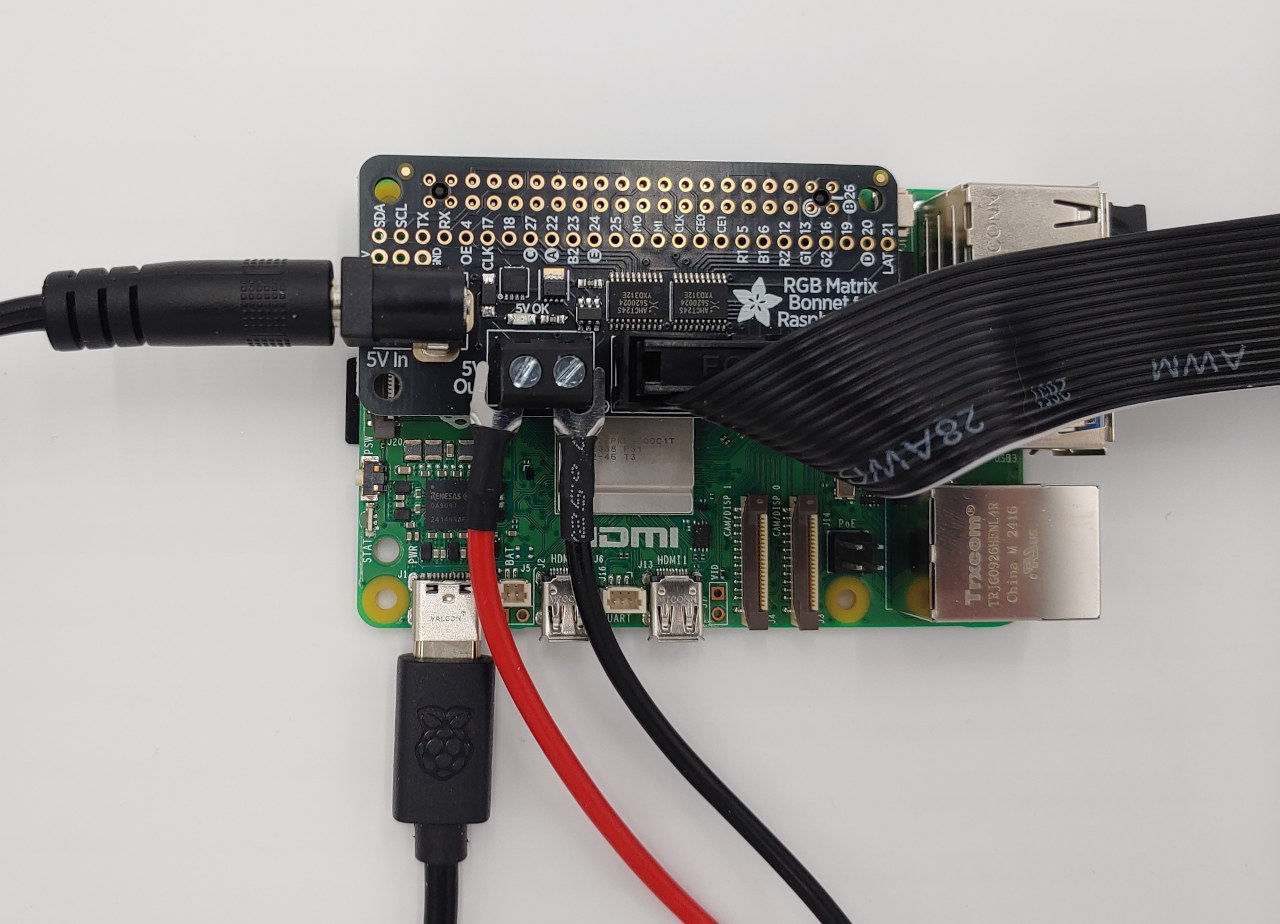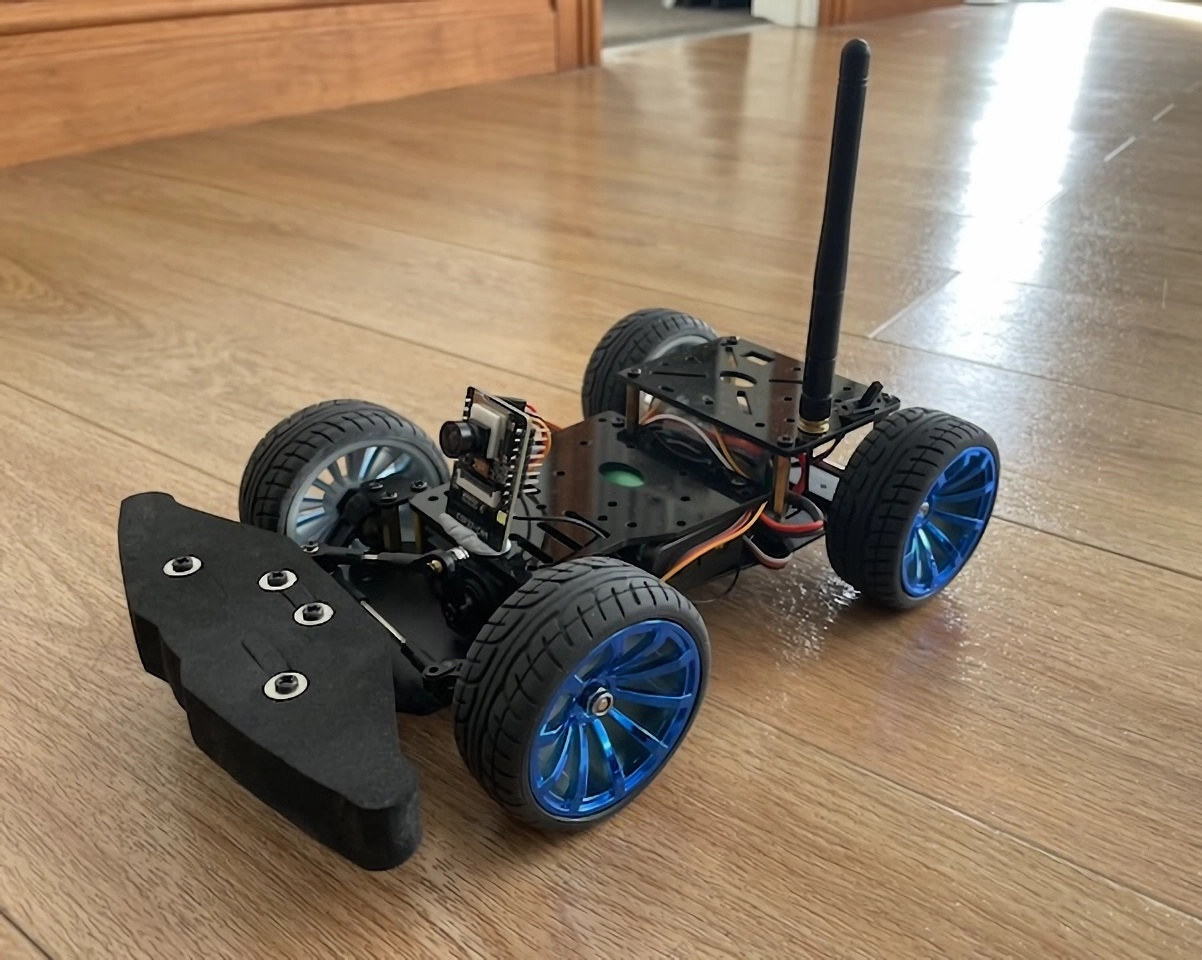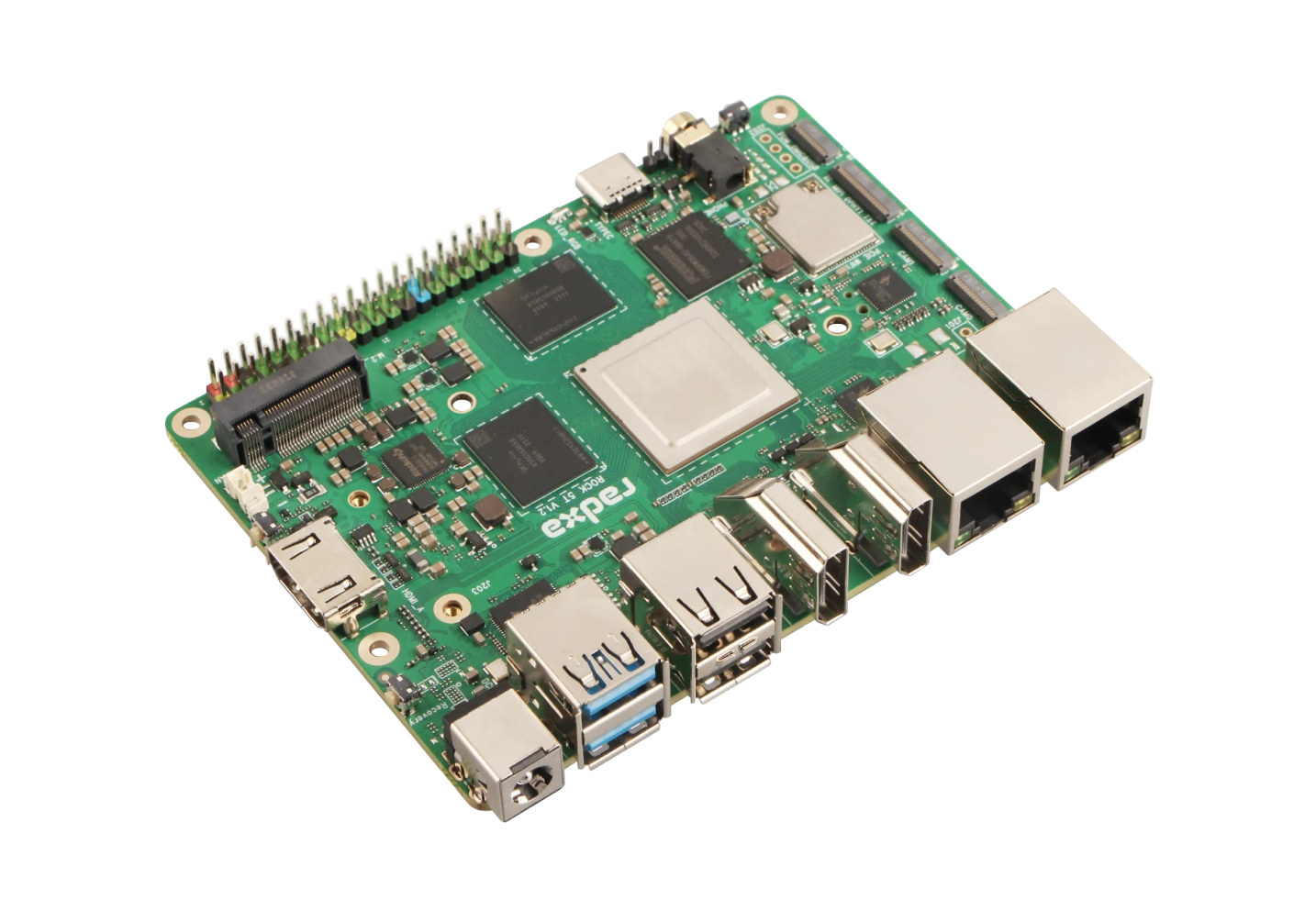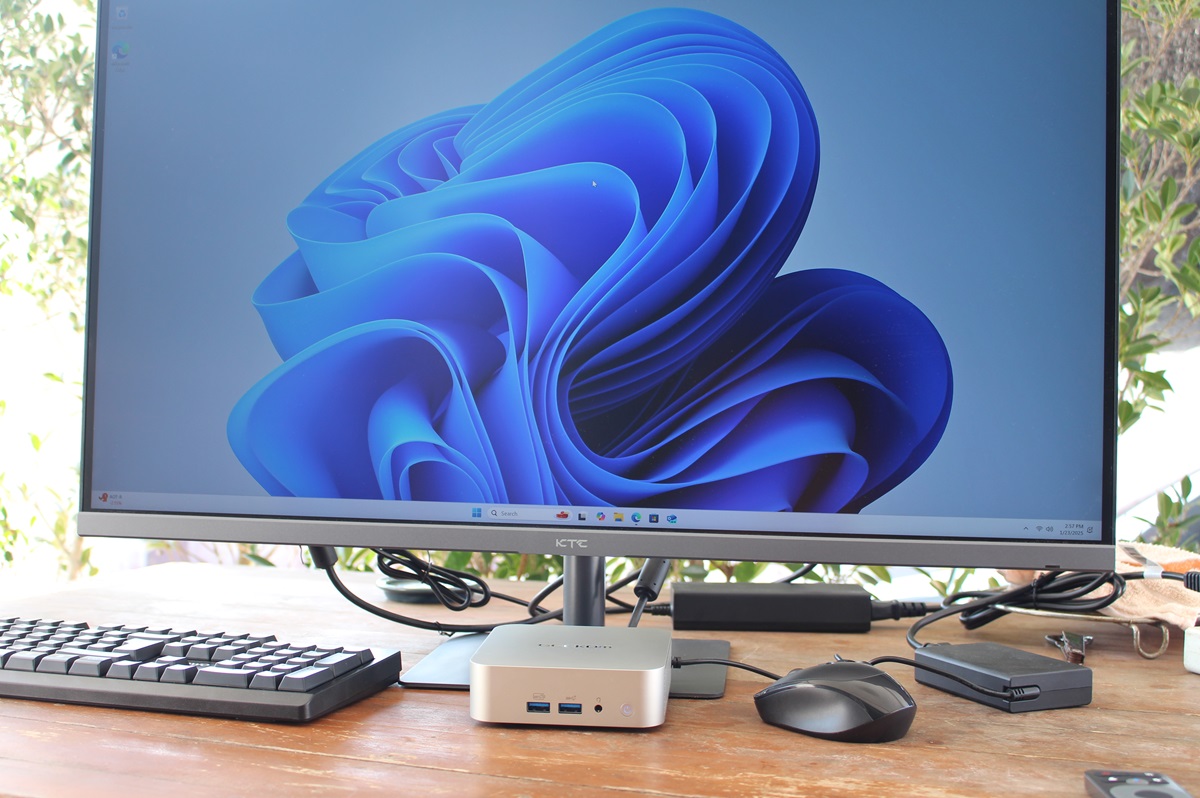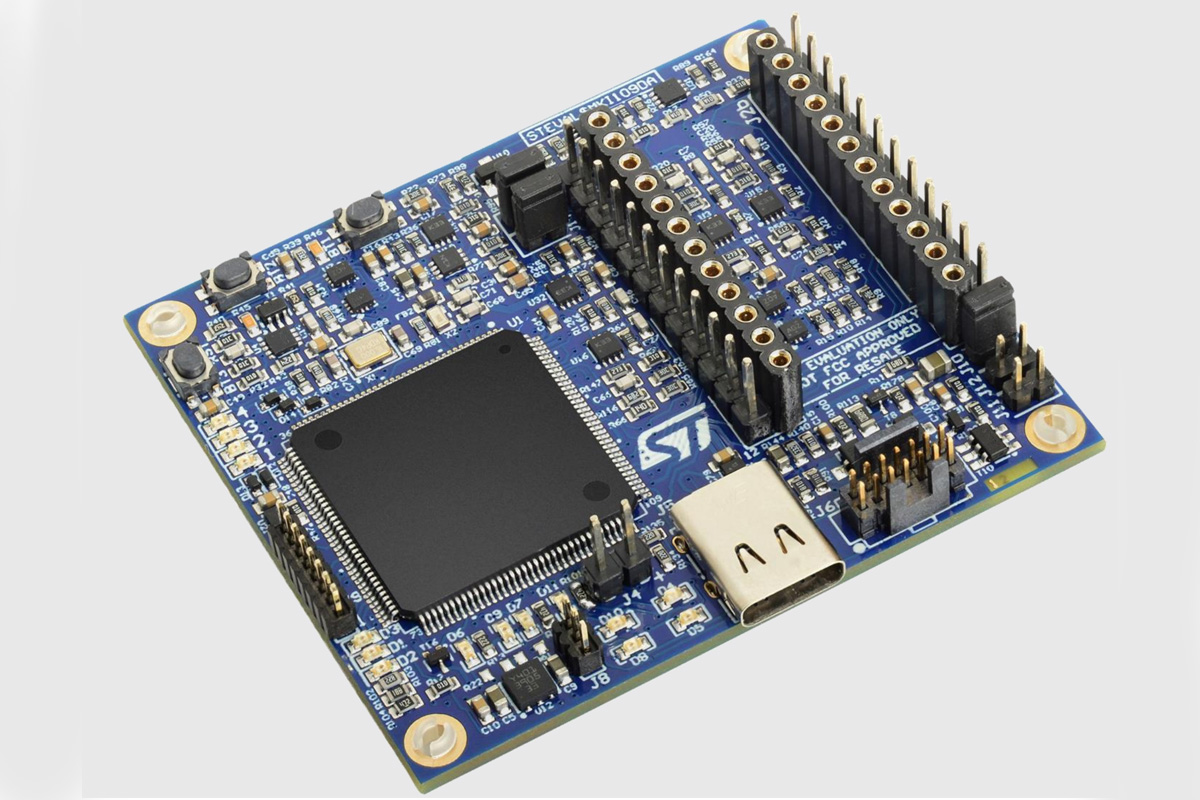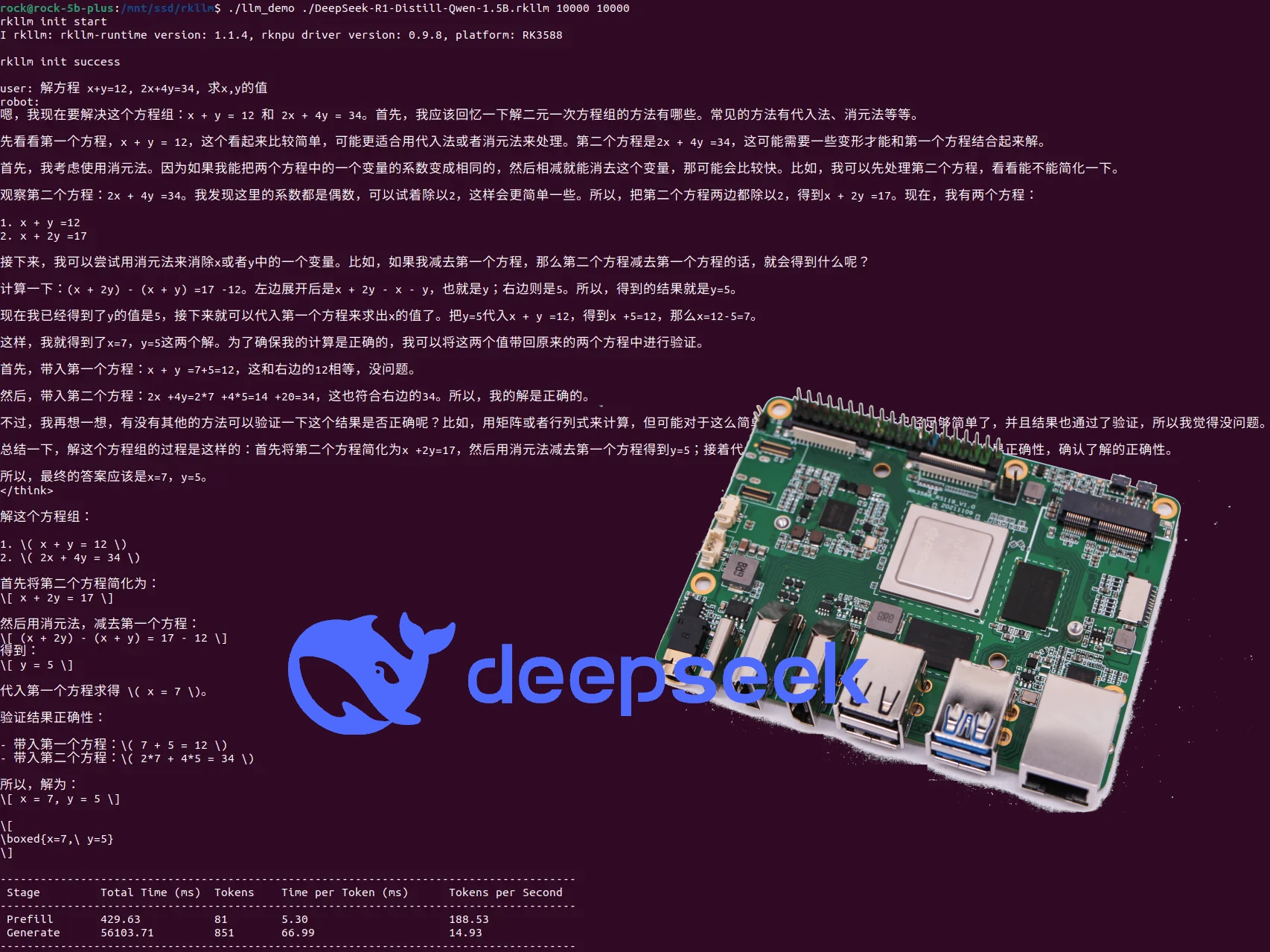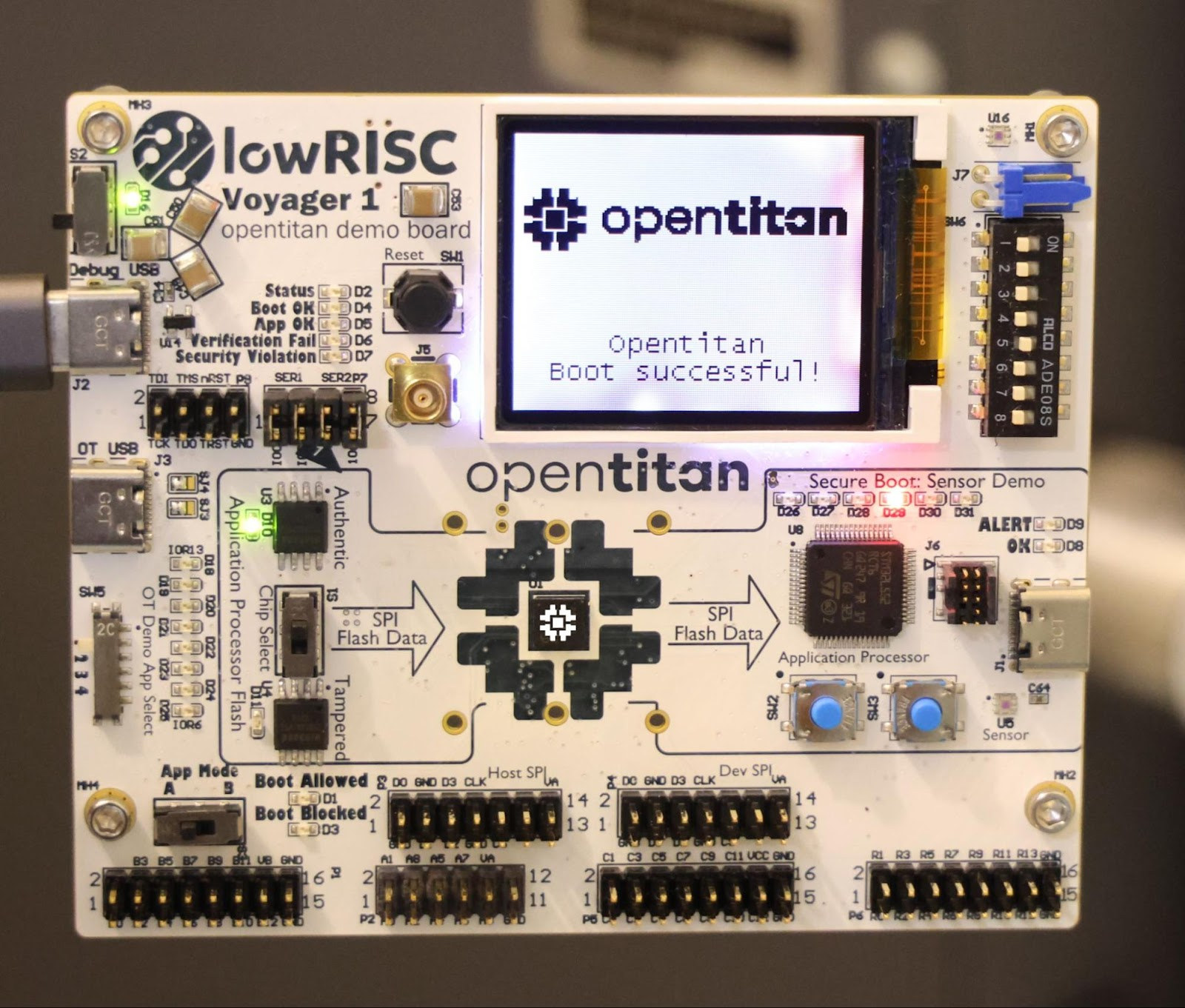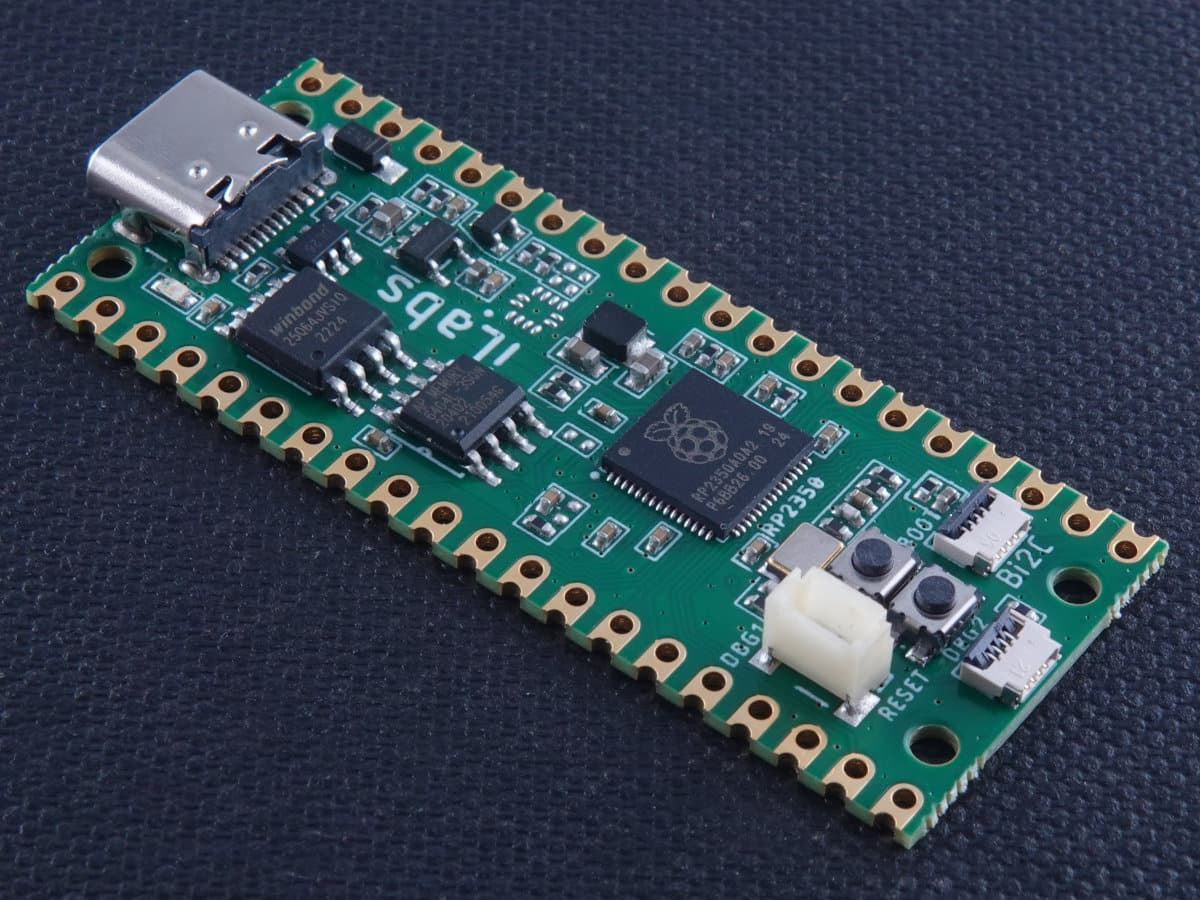The Raspberry Pi 5 brought a more powerful CPU and GPU and faster I/Os compared to the Raspberry Pi 4, as well as some incompatibilities. While the transition from a Raspberry Pi 4 to a Raspberry Pi 5 is usually painless for most applications, Adafruit notes that the ability to drive HUB75 RGB LED matrices was lost on the Raspberry Pi 5 which now relies on the Raspberry Pi RP1 peripheral control to drive GPIOs instead of the Broadcom processor directly controlling them. The company has now addressed that by using the PIO (Programmable I/O) block in the RP1 chip, yes that’s the same PIOs as found in the RP2040 or RP2350 microcontroller, to drive HUB75 RGB LED matrices from the Raspberry Pi 5, and their work can be found on the Adafruit-Blinka-Raspberry-Pi5-Piomatter repository on GitHub. The instructions to install the Adafruit Blinka Raspberry Pi 5 PioMatter library (or just […]
Build a four-wheel RC car with ESP32-CAM board and off-the-shelf parts
While there are plenty of ESP32-based wireless-controlled robot cars with a built-in camera, like the PiCar-X 2.0 or Zeus Car, it might be more fun and rewarding to build something yourself. That’s exactly what Matt Sroufe did by building his own RC car using off-the-shelf parts and an ESP32-CAM board and writing firmware for it. To get started with the build, you’ll need six main components: A 4-wheel car chassis – $47.49 on AliExpress Electronic speed controller – $5.27 on AliExpress. Matt selected the 30A version with green PCB. Dual-battery holder for about $2 on AliExpress 2x 18650 3.6V cells or 7.4V batteries purchased locally ESP32-CAM board with an external antenna and the 160° FoV camera – About $14 with board, camera, and external antenna. Bluetooth gamepad such as a PS4 controller The total should be around $80 with the batteries assuming you already own a Bluetooth gamepad. You’ll need […]
Radxa ROCK 5T SBC packs ROCK 5 ITX mini-ITX motherboard’s features onto a 110x80mm PCB
Radxa ROCK 5T is yet another Rockchip RK3588 SBC whose main selling point is to pack most features of the ROCK 5 ITX mini-ITX motherboard (170x170mm) into a much smaller 110x80mm board. The board features up to 32GB RAM, M.2 2280 sockets for NVMe SSDs, four independent display outputs via HDMI, USB-C, and MIPI DSI, HDMI input and camera interfaces, two 2.5GbE RJ45 jacks, on-board WiFi 6/6E and Bluetooth 5.x, and an M.2 Key-B socket for cellular connectivity. Radxa ROCK 5T specifications: (with differences highlighted in bold or strikethrough) SoC – Rockchip RK3588 or RK3588J (industrial grade) CPU – Octa-core processor with four Cortex-A76 cores @ up to 2.2 GHz (industrial) / 2.4 GHz (commercial), four Cortex-A55 cores @ up to 1.8 GHz GPU – Arm Mali G610MC4 GPU VPU 8Kp60 10-bit H.265 / VP9 / AVS2 / AV1 decoder, 8Kp30 H.264 decoder 8Kp30 H.265 / H.264 encoder AI accelerator […]
GEEKOM A6 Review – Part 2: A sub-$500 mid-range AMD Ryzen 7 6800H mini PC tested with Windows 11 Pro (Sponsored)
In the first part of the review, we’ve already checked out the specs, gone through an unboxing and a teardown of the GEEKOM A6 mini PC powered by an AMD Ryzen 7 6800H CPU with up to 32GB DDR5 and a 1TB SSD, before quickly booting the preinstalled Windows 11 Pro. We’ve now had time to test the GEEKOM A6 in detail, so we’ll report our experience with the Ryzen 7 6800H mini PC with Windows 11 Pro. We’ve tested the features, ran benchmarks, evaluated storage and networking performance, stress-tested the device to see how it performs under load, and measured fan noise and power consumption. We’ll also compare it to the previous GEEKOM A5 and A7 mini PCs. [Update: The sponsored tag was added temporarily, as GEEKOM paid for the review to be pinned at the top of the website for one week] Software Overview and Feature Testing Going […]
STMicro’s STEVAL-MKI109D evaluation board supports all ST MEMS sensors with a DIL24 socket
STMicroelectronics has introduced the STEVAL-MKI109D a MEMS sensor evaluation board, designed to test and optimize STMicro’s MEMS sensors for various applications, including industrial automation, smart agriculture, and consumer electronics. Built around the STM32H563ZI Arm Cortex-M33 MCU this development board features I²C, I3C, and SPI interfaces, along with a TDM interface for high-speed sensor data communication. The board is also compatible with STMicro MEMS DIL24 adapter boards, which makes it easy for engineers to test different sensors. Additionally, it has software-adjustable power circuitry (0–3.6V), and onboard power monitoring for accurate analysis of sensor performance. STEVAL-MKI109D specifications Main MCU – STMicro STM32H563ZI Arm Cortex-M33 MCU with DSP and FPU Storage – MicroSD card slot Sensors – Supports all STMicro MEMS DIL24 compatible adapter boards Interfaces – I²C, I3C, SPI, TDM USB – USB Type-C connector for power and programming Misc Onboard J6 connector for STM32 programming and debugging Onboard J9 connector for […]
DeepSeek shown to run on Rockchip RK3588 with AI acceleration at about 15 tokens/s
DeepSeek R1 model was released a few weeks ago and Brian Roemmele claimed to run it locally on a Raspberry Pi at 200 tokens per second promising to release a Raspberry Pi image “as soon as all tests are complete”. He further explains the Raspberry Pi 5 had a few HATs including a Hailo AI accelerator, but that’s about all the information we have so far, and I assume he used the distilled model with 1.5 billion parameters. Jeff Geerling did his own tests with DeepSeek-R1 (Qwen 14B), but that was only on the CPU at 1.4 token/s, and he later installed an AMD W7700 graphics card on it for better performance. Other people made TinyZero models based on DeepSeekR1 optimized for Raspberry Pi, but that’s specific to countdown and multiplication tasks and still runs on the CPU only. So I was happy to finally see Radxa release instructions to […]
Nuvoton introduces the first security chip based on OpenTitan open-source silicon Root of Trust
Google has announced the start of the fabrication of a Nuvoton security chip featuring OpenTitan open-source silicon Root of Trust (RoT), the first such production-ready chip. It will soon be available in lowRISC’s Voyager 1 demo board, and later this year in Chromebooks and data centers. We first wrote about OpenTitan open-source Root of Trust (RoT) chips in 2020 as a collaboration between Google, Seagate, Nuvoton, Western Digital, lowRISC, as well as some other companies, projects, and universities that aimed at “building a transparent, high-quality reference design and integration guidelines for silicon root of trust (RoT) chips”. OpenTitan itself reached commercial availability last year, after the first engineering samples were released in 2023, and Google now says the Nuvoton chip (yet to have a proper name) is the first production-ready OpenTitan chip. Hardware Root of Trust (RoT) are small secure microcontrollers that are the equivalent of Certificate Authorities (CAs) to […]
CPico RP2350 is another Raspberry Pi Pico 2 alternative with USB-C, 8MB flash, 2MB PSRAM, BConnect I2C & debug ports
iLabs CPico RP2350 is a Raspberry Pi Pico 2 alternative with the same form factor, still based on the Raspberry Pi RP2350 microcontroller but equipped with a USB-C port, 8MB flash, 2MB PSRAM, a Reset button, and Bconnect I2C and debug ports. Apart from that, the CPico RP2350 retains the other features of the Raspberry Pi Pico 2 including the two 20-pin PGIO headers, and BOOT button. It joins other Raspberry Pi Pico 2 alternatives like the Waveshare RP2350-Plus adding battery support. CPico RP2350 specifications: SoC – Raspberry Pi RP2350 CPU Dual-core Arm Cortex-M33 @ 150 MHz with Arm Trustzone, Secure boot Dual-core RISC-V Hazard3 @ 150 MHz Up two cores can be used at any given time Memory – 520 KB on-chip SRAM Security 8KB of anti-fuse OTP for key storage Secure boot (Arm only) SHA-256 acceleration Hardware TRNG Fast glitch detectors Package – QFN-60 Memory – 2 MP […]


